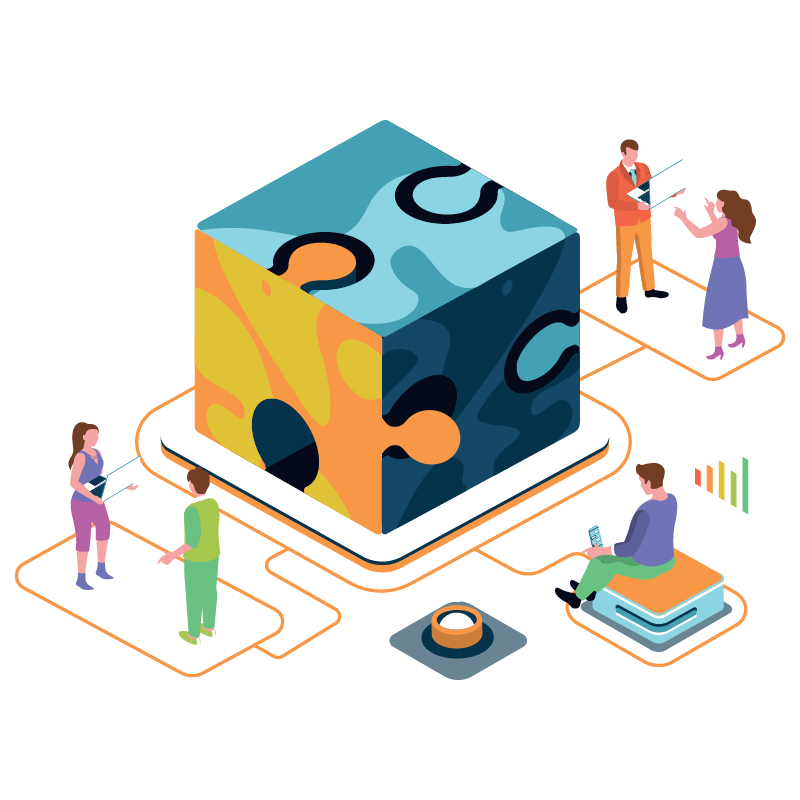While it’s known by many names, human resources (HR), aka human resources information system (HRIS) or human capital management (HCM) software is specifically designed to capture and automate the systems and processes that you use to manage your people.

There’s no need to change your existing recruitment tools when you choose Jemini
Jemini provides an API and web services to seamlessly integrate with your recruitment tool of choice. This means you can enjoy the payroll and HR benefits that Jemini provides, while still using the recruitment tools you know and love.
Jemini’s standard API integrations are available using Campfire integration (IaaS), but our team can also use Jitterbit, mulesoft or any other preferred integration platform you prefer. We can also offer point to point integration. Sounding a bit technical? It simply means that no matter which tools you use, we’ll be able to create a robust, best of breed integration solution to keep your entire HR process running smoothly and efficiently.
Jemini Human Resources FAQs
Do more with Jemini
Share this page
Ready to transform your HR & Payroll process?


